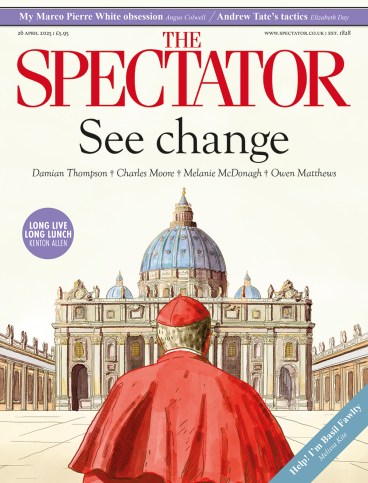
Borders have always played an important part in Mexican literature. Not only geographical/political frontiers but the more porous boundaries between past and present, the living and the dead. Between what is real and what is not. Carlos Fuentes, Octavio Paz and Juan Rulfo were all drawn to this shifting, unreliable territory.
Time moves on and new talents emerge. Guadalupe Nettel is widely regarded as a leading writer of her generation, and in various ways her four novels and three short story collections continue to seek out the fantastic that lurks in the interstices of everyday life.
The Accidentals, her most recent collection to be published in English, has an epigraph from Anaïs Nin – ‘We don’t see things as they are, we see them as we are’ – and the meticulously described domestic settings have a way of revealing, almost incidentally, details as unsettling as a clock striking 13. A pink, half-open door in a respectable residential street invites a man to experience a taste of nostalgia that leads to more than he desired. A young girl encounters her long-lost uncle in a hospital room – a figure of mystery ostracised by the family, disturbingly seductive even when caged by sickness.
In one story, a family cycling holiday is overshadowed by inexplicable menace. In another, a man’s mild dissatisfaction with his new apartment progresses step by step along a life-altering path that ends not at all the way the reader has been led to expect. There’s dark humour in some of the stories, though the narrator is seldom aware of it. And always just a flicker of unease, something disquieting at the edge of vision that renders the commonplace precarious.
Even when Nettel takes us from the familiar experience of lockdown into a dystopian future, it’s set within an appallingly regularised domesticity: ‘We have reinvented the world, created a new normal, as people called it in the beginning, and we have adapted to it. This is what’s worst of all.’ Remember Auden’s crack in the teacup that opens a lane to the land of the dead.
Nettel’s prose, brought to us in Rosalind Harvey’s punctilious translation, is precise and formalised, with a wildness held back – like a neat picket fence confining a dangerous place. The title story is a heartbreaker without a superfluous line. An albatross, we’re told, that strays too far from home and loses its bearings, becomes an ‘accidental’, an unmoored wanderer. These stories illustrate different ways a person can become an accidental in their own world.








Comments